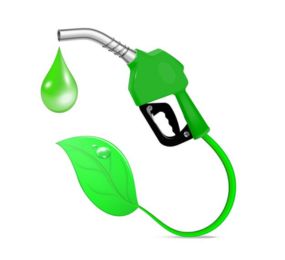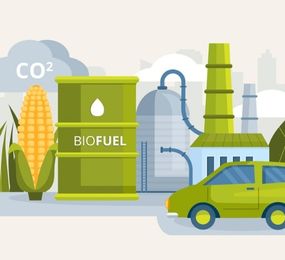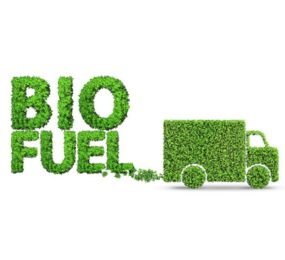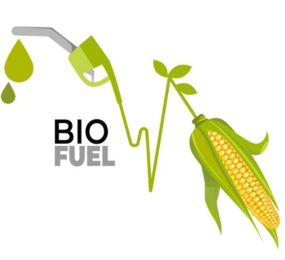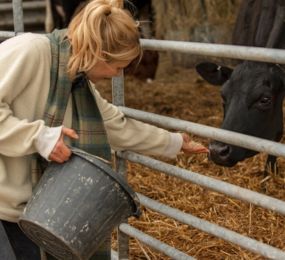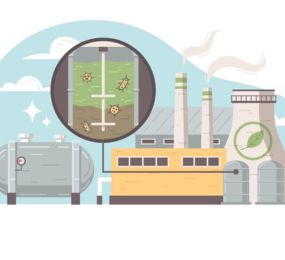Biochemical vs. Thermochemical Conversion: Shaping the Future of Biofuels
The quest for sustainable alternatives to fossil fuels has spurred the development of various biofuel conversion technologies. Two primary pathways stand out: biochemical and thermochemical conversion. Each approach offers distinct advantages and challenges, shaping the future trajectory of biofuel production.
Biochemical conversion utilizes biological processes, such as fermentation, to break down biomass into sugars and then convert them into biofuels like ethanol. This method is well-established for producing first-generation biofuels from sugar and starch crops. However, its application to advanced feedstocks, like lignocellulosic biomass, requires complex enzyme systems and pre-treatment processes.
Thermochemical conversion, on the other hand, employs heat and pressure to transform biomass into biofuels. Techniques like gasification and pyrolysis break down biomass into syngas or bio-oil, which can then be further processed into liquid fuels. This approach offers greater feedstock flexibility, as it can utilize a wider range of biomass sources, including agricultural residues and woody biomass.
The future of biofuels likely involves a combination of both biochemical and thermochemical conversion, depending on the feedstock and desired product. Thermochemical processes offer advantages for utilizing diverse and abundant biomass resources, while biochemical pathways may be more efficient for specific feedstocks and products.
Technological advancements are crucial for both pathways. Developing more efficient enzymes for biochemical conversion and improving the cost-effectiveness of thermochemical processes are essential for widespread adoption. Furthermore, integrating these technologies into biorefineries that can produce a range of bio-based products is key to maximizing resource utilization and economic viability.
Ultimately, the future of biofuels will be shaped by the ability to develop sustainable and cost-effective conversion technologies that can utilize a wide range of biomass resources and contribute to a low-carbon economy.
Visit our website to know more: https://www.leadventgrp.com/events/3rd-annual-advanced-biofuels-forum/details
For more information and group participation, contact us: [email protected]
Leadvent Group - Industry Leading Events for Business Leaders!


